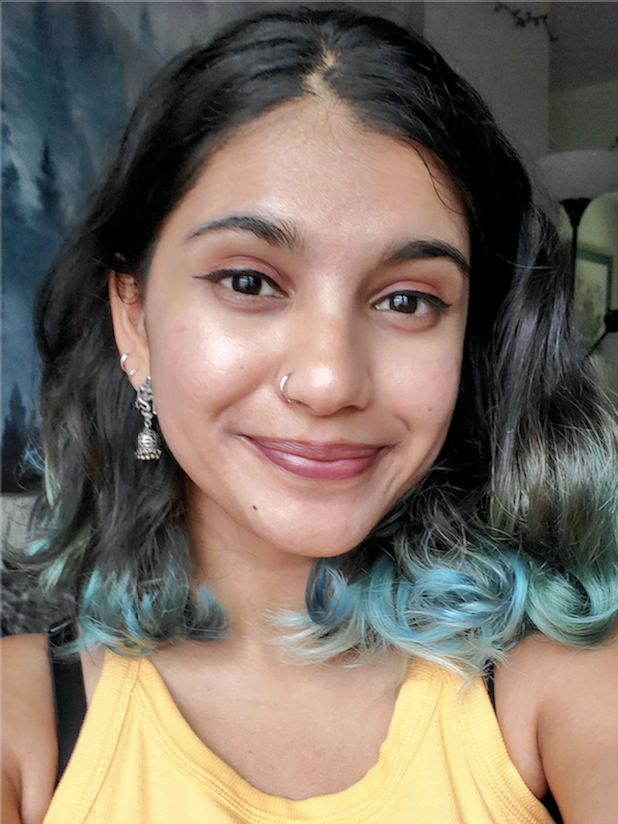Trisha is a recent graduate of UMass Amherst, with majors in public health and biology. She is passionate about health policy, health equity, and is a strong advocate for women’s rights. She currently works in health policy at a cancer research organization, and hopes to pursue a profession in health law in the future. She believes that intersectional feminism is an important component to addressing gender-based health inequities in healthcare systems, and is looking forward to raising awareness about the severe impacts of gender based violence especially among minority communities.
What was your experience of learning about female genital cutting (FGC) for the first time like?
I learned about FGC through a college course when we were shown a list of women’s health topics to choose from for a final project. The words “female genital mutilation/cutting” caught my attention as a potential topic because I had never heard about it before. The existence and concept of FGC was foreign to me, though I later learned it actively takes place in my home country, India. As I delved into my research, I was shocked to realize how prevalent, invasive, and harmful the practice is.
Understanding the implications of undergoing the practice made me feel angry for the individuals that experience it, as it is another harmful and non-consensual way to prescribe value to women, and those assigned female at birth, through their bodies.
When and how did you first get involved with Sahiyo?
I got involved with Sahiyo in July 2022, but have had Sahiyo’s website bookmarked since completing my project in 2021, when I first knew I wanted to apply for a position with this organization. I aimed to learn more about the practice through active involvement, and do my part to show up for South Asian and other individuals that are affected by the practice, as well as other forms of gender based violence (GBV). Soon after graduating, I contacted the Programs Coordinator, Cate Cox, and had the honor of joining the Programs team.
What does your work with Sahiyo involve?
My work with Sahiyo involves collaboration with like-minded, amazing individuals who are passionate about ending FGC and other forms of GBV. As a Programs Intern, I organize webinars through research and speaker outreach, create supporting materials, write reflections/blog posts on previous webinars, and attend events surrounding reproductive justice and women’s rights hosted by other organizations. I’m also very excited to get involved with the other ongoing projects at Sahiyo.
How has your involvement with Sahiyo impacted your life?
My involvement with Sahiyo has impacted my life greatly - from the extent to which I have learned about FGC, and the many intersections at play, to defining my own interests and career goals. I admire Sahiyo for the immense amount of effort the organization makes to support survivors while striving to put an end to the practice. Sahiyo allows for me to better understand and reflect on my passion for women’s rights, and has helped me affirm my decision to dedicate my professional journey to the same. Collaborating with the Programs team, and learning about FGC and societal constructs that reinforce the practice, has also given me the space to reflect on the norms we choose to stay silent on as a society. Overall, I am grateful for my experience with Sahiyo and I am so excited to be a part of Sahiyo’s mission to end FGC.
What words of wisdom would you like to share with others who may be interested in supporting Sahiyo and the movement against FGC?
Start a conversation about FGC with your parents, friends, and peers. Listen to survivors, learn, and get involved whether it is through sharing social media posts, making donations, or volunteering with anti-FGC organizations. Finally, take care of your own mental health as you continue to advocate for the health, safety, and rights of individuals affected by FGC.

